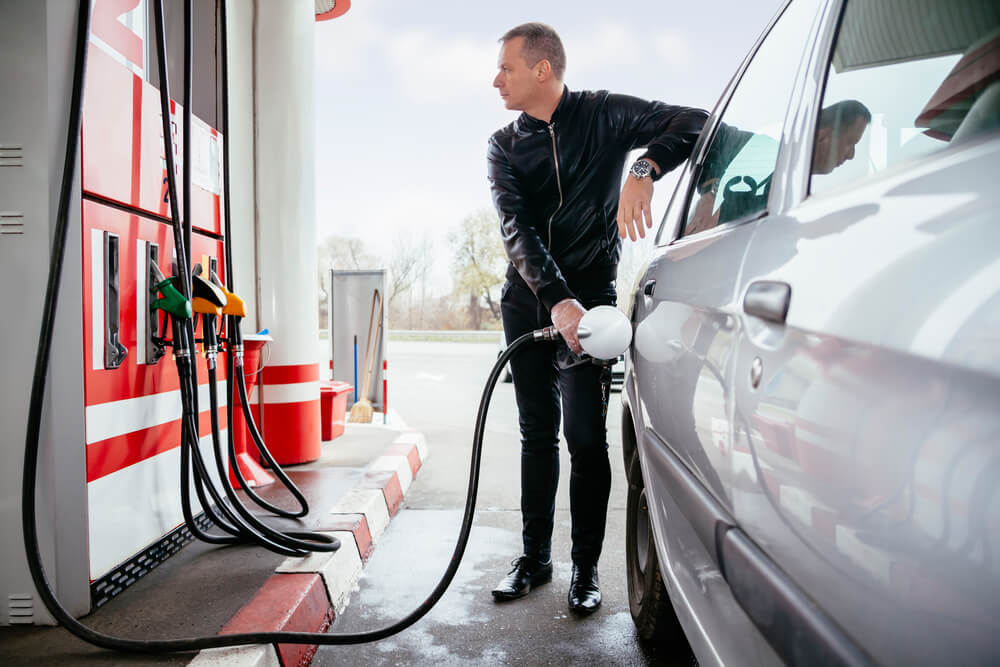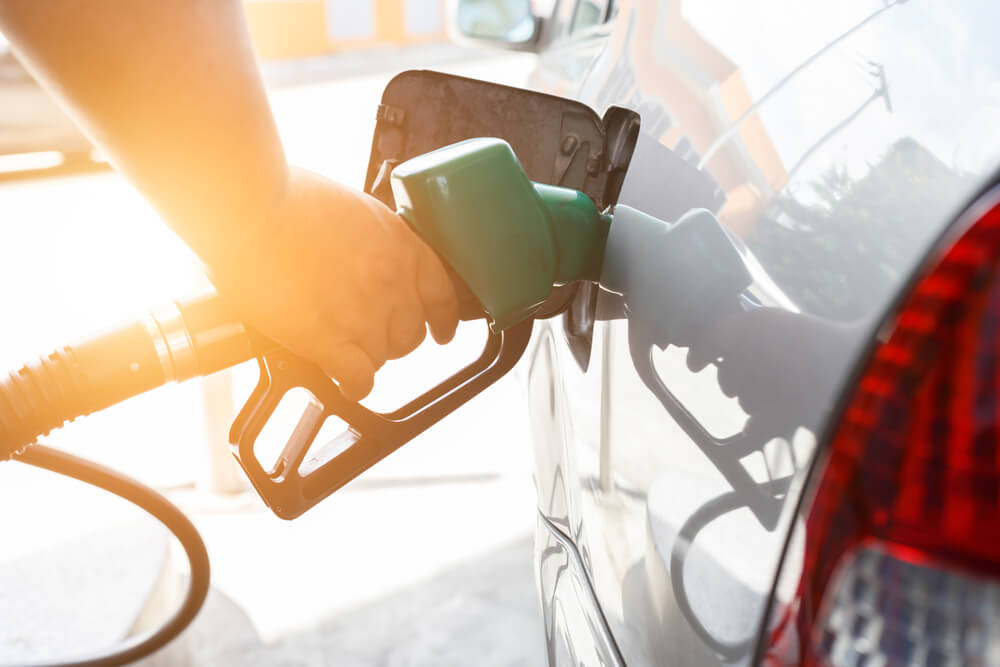When the dreaded time comes to fill up our cars, we’re presented with more choice at the bowser beyond regular petrol and ethanol fuels.
Also known as premium unleaded petrol, high octane fuels are designed for fuel-efficiency and power1 and, as such, are commonly used in high-performance vehicles.
However, plenty of other Aussie drivers can benefit from this type of fuel.
N.B. Always remember to check the owner’s manual or contact your car’s manufacturer to see which types of fuel are compatible with your vehicle.
The octane rating is a system which measures how resistant a fuel is to burning uncontrollably or igniting prematurely in the engine’s combustion chamber while the driver accelerates. This is called ‘knocking’, which refers to the pinging/knocking sound coming from our engine. The higher the octane number, the more power can be delivered to the engine and the more resistant a car will be to knocking.2
There are two types of octane rating. There is the Motor Octane Number (MON) as well as the Research Octane Number (RON), which is the more common rating. Petrol stations use the RON to label the fuel they sell.3
According to the Fuel Quality Standards Act 2000, petrol is considered premium or high octane fuel if it has a RON of 95 or higher. An octane of 91 is commonly known as regular unleaded petrol.4
A car using high octane fuels with a RON of 95, 96, 98 or 105 will draw more power from burning the petrol. This efficient use of fuel helps the car accelerate and use fuel more efficiently.5 This increased performance comes with a cost as high octane fuels are typically more expensive than regular unleaded petrol fuels.

It’s vital to make sure that the right fuel is being used for your vehicle. While high octane fuels may enhance the performance of the right engine, the use of premium petrol in the wrong engine can be disastrous.
Some vehicles require a high octane fuel with a RON of 95 or above, so filling up with regular unleaded petrol with a RON of 91 will cause all manner of negative effects and damage to the engine.
While you can’t use regular unleaded in some high-performance vehicles, can you use high octane fuels for a regular engine?
A car which is designed to take regular unleaded petrol can generally use high octane fuels as well. There is the potential for a premium fuel like RON 95 or 98 to increase the performance and fuel consumption of a car that’s used to regular petrol, as most engines that use regular unleaded can adapt to higher octane fuels. Any potential increase in efficiency or power will be minimal, however, and the added cost of premium fuels normally outweighs any small increase in efficiency or power.6
The actual damage to the environment caused by high-octane fuels is hard to measure when compared to regular unleaded petrol. The Australian Government’s Department of the Environment and Energy note that because high octane fuels are more energy efficient, less fuel is used when compared to regular petrol engines. This means that higher octane fuels actually produce less greenhouse gas emissions than regular unleaded petrol.7
Of course, this is only comparing premium petrol with regular petrol once it has been refined. The manufacture of petrol using crude oil does produce emissions, and driving a petrol powered car will still produce greenhouse gases which can then harm the environment.
When it comes to other noxious or harmful emissions such as sulphur, the Department of the Environment and Energy fuel quality standards limit regular unleaded petrol to 150 parts per million, while premium fuels are limited to 50 parts per million.8 This helps limit the amount of noxious pollutants in the air which can affect our health.

If you’re unsure of which type of fuel to use for your car, you can check the owner’s manual or handbook which includes this information alongside instructions on how to use the car and its features, as well as information on maintaining and servicing the vehicle.
Should you have lost or misplaced the owner’s manual, or bought it second-hand without one, you can contact the manufacturer to check. It might also be imprinted on the inside of your fuel flap too.
It is possible to accidentally put the wrong type of fuel in. A regular petrol engine car may make some ‘knocking’ noises and shake at first, but will typically adjust. A car that needs a RON 95 or RON 98 fuel that has been filled with regular unleaded will likely keep ‘knocking’.9
Remain calm and pull over when safe to do so. You’ll need to call a roadside assistance service who can help deal with the situation. You may also need to get your car serviced to fix any damage to the engine. Depending on your car insurance policy, the cost of roadside assistance may be covered, otherwise you’ll need to pay out of pocket.
1 Common fuel industry terms. Department of Natural Resources, Mines and Energy, Queensland Government. 2019.
2 Everything you need to know about unleaded petrol. Australasian Convenience and Petroleum Marketers Association. 2018.
3 The Facts. E10 Fuel for Thought, NRMA, New South Wales Government. 2018.
4 Petrol fuel quality standard. Department of the Environment and Energy, Australian Government. 2019.
5 The Facts. E10 Fuel for Thought, NRMA, New South Wales Government. 2018.
6 Everything you need to know about unleaded petrol. Australasian Convenience and Petroleum Marketers Association. 2018.
7 Better fuel for cleaner air. Department of the Environment and Energy, Australian Government. 2016.
8 Petrol fuel quality standard. Department of the Environment and Energy, Australian Government. 2019.
9 Everything you need to know about unleaded petrol. Australasian Convenience and Petroleum Marketers Association. 2018.